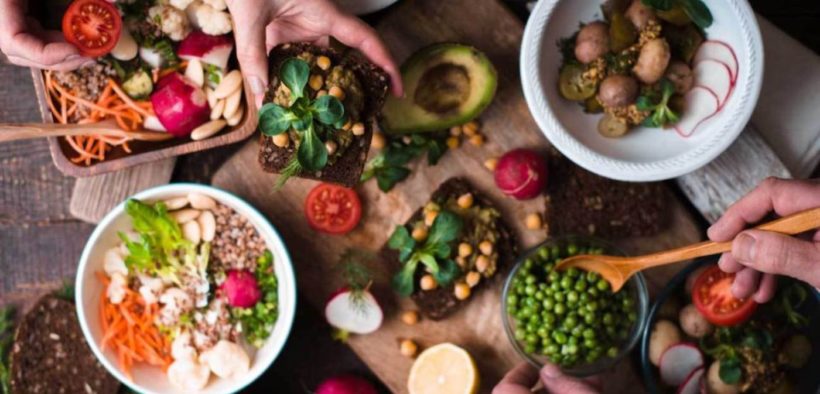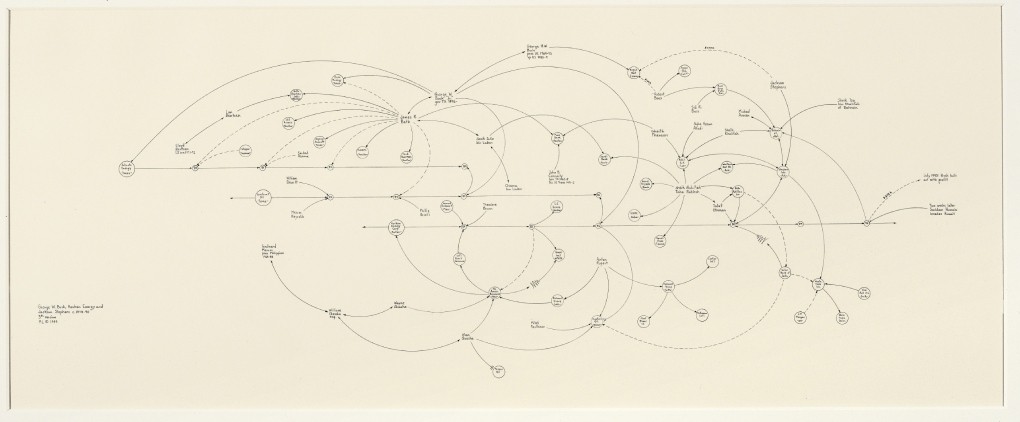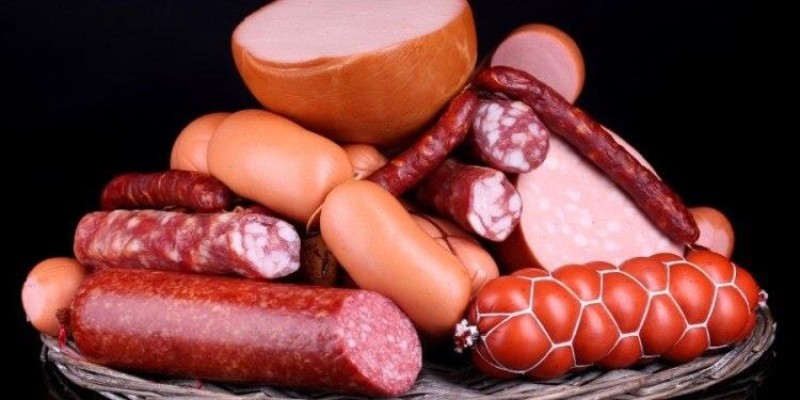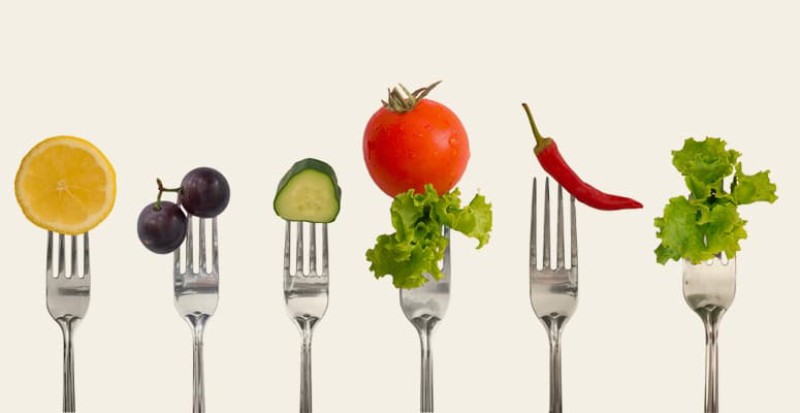Diet and Cancer: Is my diet pushing me closer to cancer?

Food can be your medicine or it can be your poison. It’s up to you!!!
Cancer is one of the biggest health concerns pestering the healthcare system worldwide. It is one of the most dreaded diseases that’s still searching for a sure cure. As such, researchers are digging deep to find every possible way of prevention. Be it the link of exercise and cancer, breastfeeding and cancer or diet and cancer.
Several causatives of cancer are known today. And most of these causatives are controllable. In fact, less than 30% of cancer risk results from uncontrollable factors. That means 70 % of cancer causatives are controllable.
Lifestyle modifications can play a big role in bringing down the cancer risk. Changing the habits of diet, exercise, sleep, alcohol, smoking and sex seems helpful. There is a growing pool of evidence that points to certain dietary habits that can increase or decrease the risk of cancer.
In this blog, we will learn the deep associations of diet and cancer.
Diet and cancer: Research Speaks
The link between diet and cancer is as mysterious as cancer itself. Many studies have connected food to the causatives as well as preventives of cancer. Science revealed certain dietary habits tend to have a greater influence.
A nutrient sparse diet with concentrated sugars and refined flour contributes to impaired glucose metabolism. This increases the risk of diabetes, which is linked to cancer. It can double the risk of liver cancer, pancreatic cancer, and endometrial cancer. Diabetes also increases the risk of colorectal, breast, and bladder cancer by 20% to 50%.
A diet low in fibre intake increases the risk of colorectal or bowel cancer. Consumption of red or processed meat can elevate the risk of bladder cancer and colorectal cancer. An imbalance of omega 3 and omega 6 fats also contributes to cancer risk.
No direct link is established between the consumption of fats and cancer. However, fatty foods lead to obesity and obesity is a known cause of cancer. High-fat diets are indirectly linked to several cancers, including colon, lung, and postmenopausal breast cancer.
Diet, obesity, and cancer – The intricate link
Diet is the main reason for obesity and weight gain. Fast foods, processed foods or sugary foods are known culprit of weight gain. Also, a diet deficient in nutrition and high in calories results in obesity.

The link between obesity and cancer is well-established –
- Obesity increases the levels of insulin which may help some cancers develop
- Chronic, low-level inflammation, in obese people, is linked with increased cancer risk.
- Fat tissue produces higher amounts of estrogen which can drive the development of some cancers.
To date, the evidence for obesity causing 12 different types of cancer is excavated! Obesity increases the risk of the following cancer types:
Foods that increase cancer risk
Processed and Red Meat

Processed and Red Meat are marked to increase the risk of certain cancer types. Processed meat is the smoked or fermented meat with added salt and nitrites. Red meat that includes beef, lamb, and pork is classified as a ‘probable’ cause of cancer.
The exact mechanism of processed or red meat in cancer is unclear. But researchers suppose the added nitrates in processed meat is the culprit. It is the heme iron in red meat that increases the risk.
A meta-analysis of many studies revealed that regular consumption of processed meat could cause a higher risk of bladder cancer and bowel cancer.
Another study by the American Institute for Cancer Research revealed that any amount of red meat consumed daily increases the risk of colorectal cancer and stomach cancer by about 20 per cent.
Research by Cancer Council estimated that one in six bowel cancer cases in Australia was associated with red meat and processed meat.
Processed Foods
A 2018 study revealed that processed foods increase the risk of developing certain cancer types by more than 10%.
Foods in this category are –
- All packaged foods
- Readymade Bread and buns
- Packaged sweet or salty snacks
- Sodas & Sugary drinks
- Instant soups
- Packaged meals
- Food high in sugar, oils, and fats
- Pickles
- Food with hydrogenated oils, modified starches, and protein isolates
Alcohol

Alcohol consumption is injurious to health. We have heard this many times. But do you know alcohol consumption also increases the risk of developing cancer? There is strong evidence that suggests alcohol consumption can increase the risk of developing the following cancer types.
- mouth
- pharynx (throat)
- larynx (voice box)
- liver
- oesophagus
- breast
- colorectum
Alcohol increases the longing for fast foods and snacks. Alcoholic drinks may contain sugars(e.g. wine, beer etc.). Also, the chemicals in alcohol may damage DNA or weaken the body’s ability to process and absorb nutrients.
The American Institute for Cancer Research (AICR) stated that the combination of alcohol consumption and cigarette smoking is even more harmful.
Carbohydrates
Carbs can be good or bad depending on the source. It depends on the Glycemic index (GI). GI is the measure of how fast carbohydrates turn into sugar in the blood.
Foods like soft drinks, artificial fruit juices, and processed foods like pizza have a high GI. Studies found that consuming foods with a high GI increases the risk of prostate cancer by 88%.
Another study linked a high-GI diet with lung cancer. Lung cancer is the second most common cancer among men. The study established an increased risk of lung cancer by about 50% in people with a high GI diet.
Calcium
Some studies quote that high calcium consumption can lower the risk of colorectal cancer. Calcium binds to bile acids and fatty acids in the gastrointestinal tract. This creates a shield to protect cells from the damaging stomach acids.
However, excess consumption of calcium exceeding 2,000 milligrams (mg) is linked to a higher risk of prostate cancer. It is best to keep the daily calcium consumption between 500 mg to 1,000 mg per day.
Diet and Cancer: Foods to prevent cancer
An unhealthy diet can push you close to cancer. While a healthy diet can pull you away from it. Diets that are high in nutrients like fruit, vegetables, whole grains, and beans may protect against certain cancers.
Diets including whole grains, vegetables, and fruit are rich in fibre. There is sufficient evidence that diets rich in fibre can prevent bowel cancer.
A diet is rich in vegetables and fruit curbs the risk of cancers of the mouth, throat and digestive tract.
Such a diet is rich in nutrients and antioxidants. Antioxidants can neutralize free radicals that can damage cells and prevent the development of cancer.
A plate full of colours painted in dark green, orange, purple, and red is very healthy. Fruits and vegetables like spinach, carrots, and tomatoes help in preventing cancer.
What to eat?
- Focus more on plant-based foods
- Eat 2½ cups of colourful fruits and vegetables every day.
- Add natural or homemade cheese, yoghurt, nuts, whole-grain cereal, beans, and soup to your diet.
- Eat citrus fruits like oranges, grapefruit, lemons, limes.
- Fish may help to reduce the risk of bowel, breast and prostate cancer.
Supplements are not the answer to dietary requirements

Nutrients like Vitamins, minerals, and antioxidants may help reduce cancer risk. But the source of these nutrients is also important. People should extract these nutrients from whole foods, not supplements.
No evidence is found for supplements reducing the risk of cancer. On the contrary, some studies showed an adverse effect on certain supplements.
A study revealed that high dose beta carotene supplements may increase the risk of lung cancer. Another study reported that high doses of vitamin E may increase the risk of prostate cancer.
Conclusion: Diet and Cancer
A deep insight into the association of diet and cancer revealed a strong connection between the two. A healthy diet rich in nutrients can shield several cancer types. Sticking to a plant-based diet enriched with fruits and vegetables is proved to reduce the risk.
However, no study establishes a direct cause-and-effect relationship between diet and cancer. There is no 100 per cent certainty that consuming or avoiding certain foods can make one cancer safe.

















Amoxicillin For Sale http://buycialisuss.com – Cialis Super P Force Cialis Orlistat Delivry
Alcohol Rehab Facilities Near Me Outpatient Alcohol Treatment Near Me